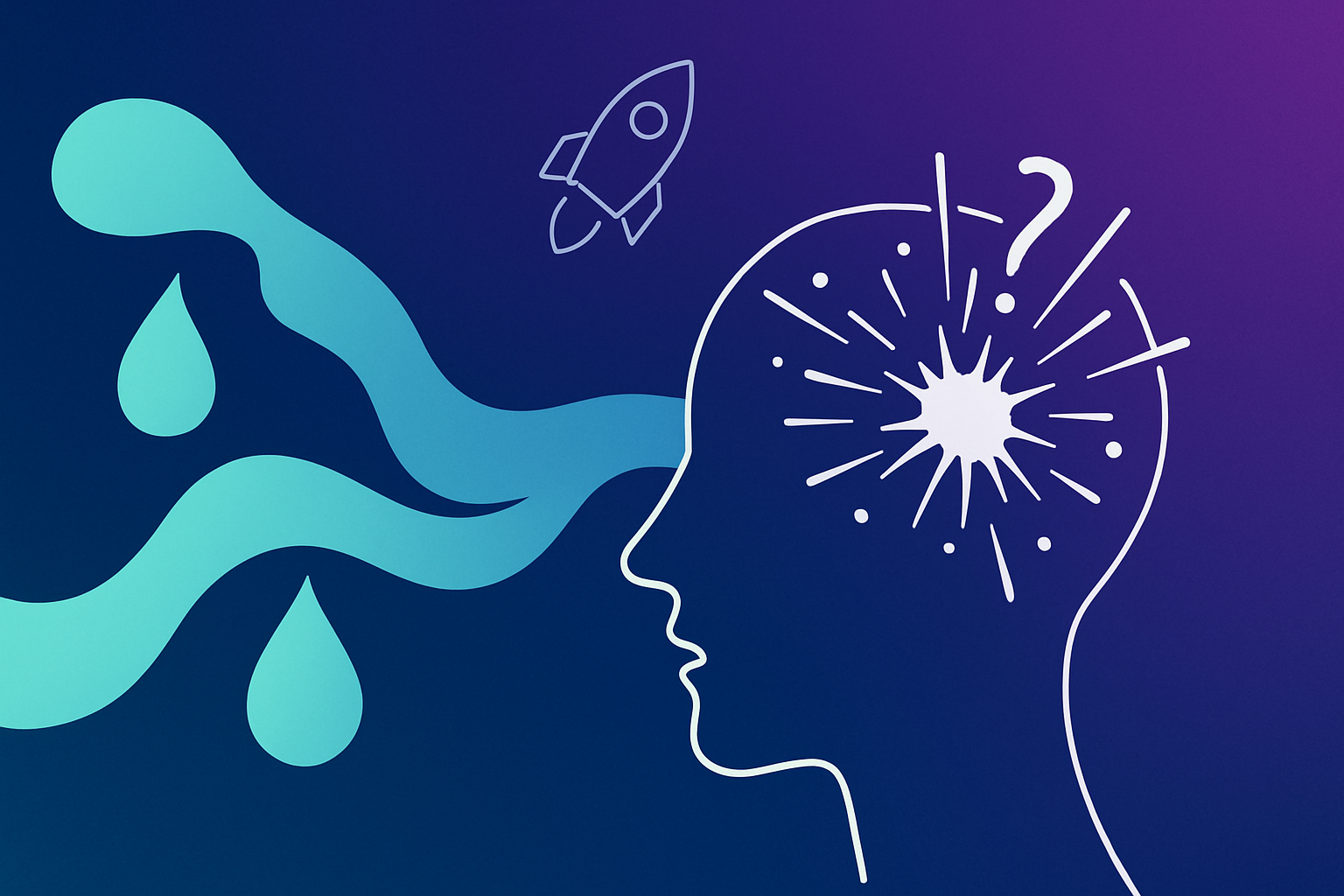Last night I did something that should've taken months. I converted a Bubble.io app into native Python, dockerized it, deployed it to Google Cloud, and built a full devops operations dashboard. Time spent actually coding? Zero. I just told AI what I wanted and watched it work while I drank wine in my kitchen.
What I've discovered is that converting between Bubble and native code is essentially translation. Like asking someone to convert French to English, except it's visual workflows to Python functions.
I fed our old Bubble app to Claude, said "make this native Python with PostgreSQL instead of Bubble's database," and watched it work through the entire codebase. It understood all the business logic, rebuilt everything, and included deployment scripts and Docker configs. When I mentioned "I like how this other website looks," it rebuilt the entire UI to match. No mockups, no design briefs. Just "make it look like that."
This changes how we think about platform commitments. We've all dealt with platform limitations - Bubble charges for database reads, Quickbase has its own constraints. Usually, once you pick a platform, switching means a major project.
That's different now. I moved from MySQL to Supabase, from Bubble's proprietary storage to cloud storage, from their workflow system to clean Python. Each of these would typically be a multi-week effort. The AI handled it while I stood in my kitchen, slightly hungover, just describing what I wanted.
What's particularly interesting is how it learns patterns. Throughout the night, I kept adding notes like "remember, always use Docker for deployments" and "this is our UI style - use it for everything." Now it knows. Next project? It already understands our patterns and preferences.
It mapped the entire system architecture, found gaps, suggested fixes. This kind of analysis used to take weeks. Now it happens while wine is being poured.
The conversation with my colleague this morning was surreal. He's looking at what was built and I'm explaining that I never actually looked at the Python code. Didn't need to. I just described what I wanted. He's realizing we can take our bubble apps and convert them - start with no-code to validate ideas, then shift to native when we need to scale.
We're planning a "play day" to explore this further because the possibilities are significant. Projects that seemed daunting - legacy system updates, platform migrations, dealing with vendor limitations - these become much more manageable.
This isn't about AI replacing developers. It's about developers spending time on what they want to build rather than how to build it. I spent my evening thinking about outcomes, not syntax. The implementation details became something I could describe in plain language.
The practical impact is that platform lock-in becomes less of a concern. Technical debt becomes more manageable. And those migration projects that always seem too big to tackle? They might just be weekend projects now.
It's a different way of working, and honestly, it's pretty fascinating to see it actually work.
